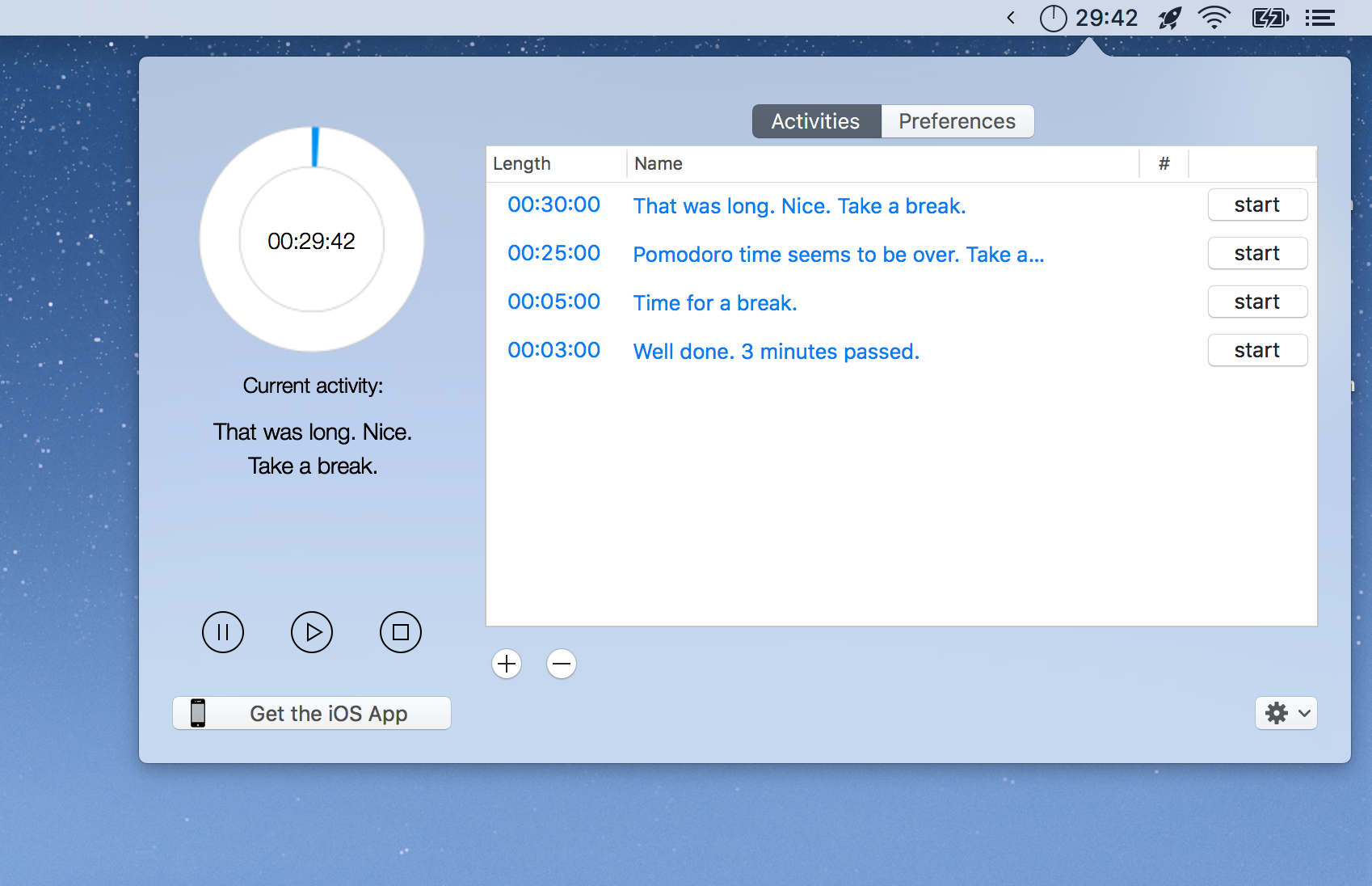
You don’t have to wonder about whether your plan was any good - you have data right in front of you. When you compliment this time blocked plan with the data you get from tracking your time, you’re able to see where you messed up and make adjustments so that you do better next time. It actually gives us greater freedom and allows us to change our direction without feeling afraid of missing something important. Having a time blocked plan allows us to roll with the punches easier because we’ve spent a little bit of time assigning intentionality to each hour in our day. But simply having a plan is of limited value if you never check whether it actually worked. When it comes to your time budget, time blocking is actually the way to plan how you’re going to spend your time. In other words, you can’t just have a plan - you need a way to measure how well you stuck to it.

how you plan to spend it (what actually ends up on your schedule).When it comes to budgeting, there are two things you need to pay attention to: For the past couple of years, I’ve tried to do a better job of budgeting my time so I can intentionally tell it where to go instead of wondering where it went. This is true of my money, but it is also true of my time. I could see how time tracking might be useful for freelancers who were billing by the hour, but the thought of doing it myself seemed like more work than it was worth.īut over the years, I’ve developed a greater understanding for the simple truth that what doesn’t get budgeted often gets wasted. I always believed I had a good enough grasp on how I was spending my time, and for years I viewed constantly starting and stopping timers as an unnecessary source of stress. It’s not the only data point to consider if you’re trying to become more productive or creative, but I would argue it’s an important one.īut even though I have long understood the value of time tracking, I admit that I was reluctant to embrace the practice. Often how we think we are spending our time doesn’t match up with how we actually spend our time, and time tracking can provide the data we need to see the forest through the trees. I have learned that we humans are extremely susceptible to our own biases. This last category is of particular interest to me. Others don’t have a business reason, but simply want to better understand how they are spending their time.

Some companies track employee time via time clocks or require workers to submit a timesheet of the hours they’ve worked for payroll processing. If you are a freelancer who must send your own invoices, you simply won’t get paid if you don’t track your time. The most obvious one is project management, where you are getting paid for the time you spend working on a specific project.

There are lots of reasons you may want to track your time. It syncs seamlessly with the Toggl web service, has a simple interface for starting, stopping, and storing your timers, has arguably the best iOS widgets we’ve seen, and offers great support for Shortcuts, which open the door to a world of automation possibilities.īefore we dig in to the app itself, let’s consider the big question: why track your time in the first place? Why Track Your Time? But of all the time tracking apps out there, the iOS app Timery is the best app on any platform. The popularity of time tracking seems to have grown exponentially in recent years, and the number of options and resources for people who want a way to intentionally track their time on their Apple devices has kept pace.


 0 kommentar(er)
0 kommentar(er)
